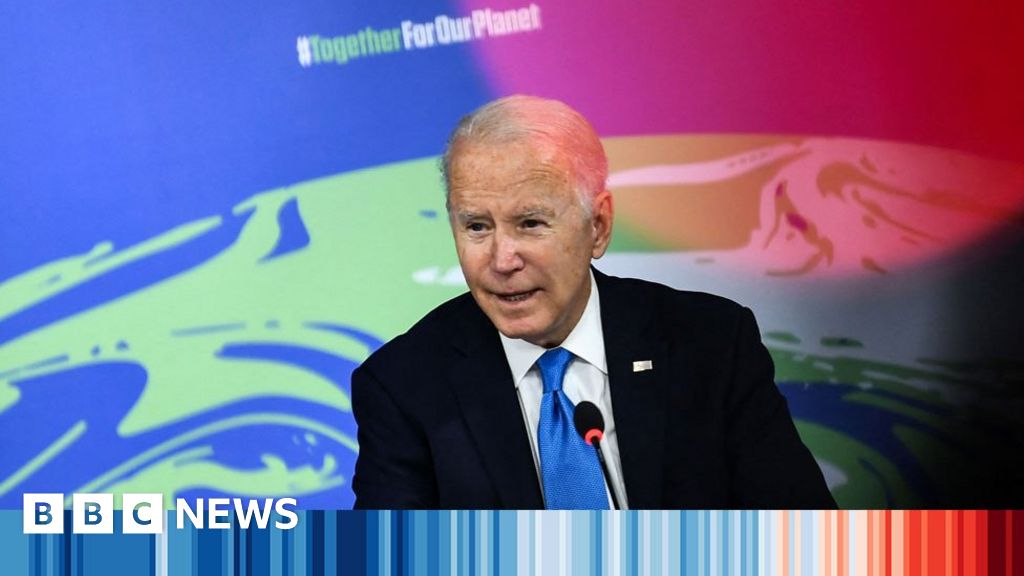
The status of climate change negotiations is critical as world leaders prepare to address the pressing challenge of global warming. The most recent major negotiation event, COP26, established a framework that, while not legally binding, set a global agenda aiming to limit temperature rises to 1.5°C, a threshold deemed necessary to prevent catastrophic climate impacts. The agreement included commitments to reduce carbon dioxide emissions, phase down coal usage, and increase financial support for developing countries transitioning to clean energy[1][3].
Negotiators face the challenge of ensuring ambitious national climate action plans, known as nationally determined contributions (NDCs), are updated in line with the Paris Agreement every five years, targeting net-zero emissions by around mid-century[2][3]. Despite progress, recent assessments indicate that current pledges leave the world on track for a potential average global warming of approximately 2.7°C, significantly higher than the 1.5°C target[4].
A significant aspect of ongoing negotiations includes increased climate financing, with developed countries yet to meet their $100 billion annual commitment to support developing nations, which bear the brunt of climate change effects[2][3].
Overall, while there is evidence of commitment and action, critical gaps remain in the negotiations, and the effectiveness of these commitments will depend on the implementation and strengthening of existing targets and financial flows toward sustainable development[4].
Get more accurate answers with Super Pandi, upload files, personalized discovery feed, save searches and contribute to the PandiPedia.
Let's look at alternatives:
- Modify the query.
- Start a new thread.
- Remove sources (if manually added).